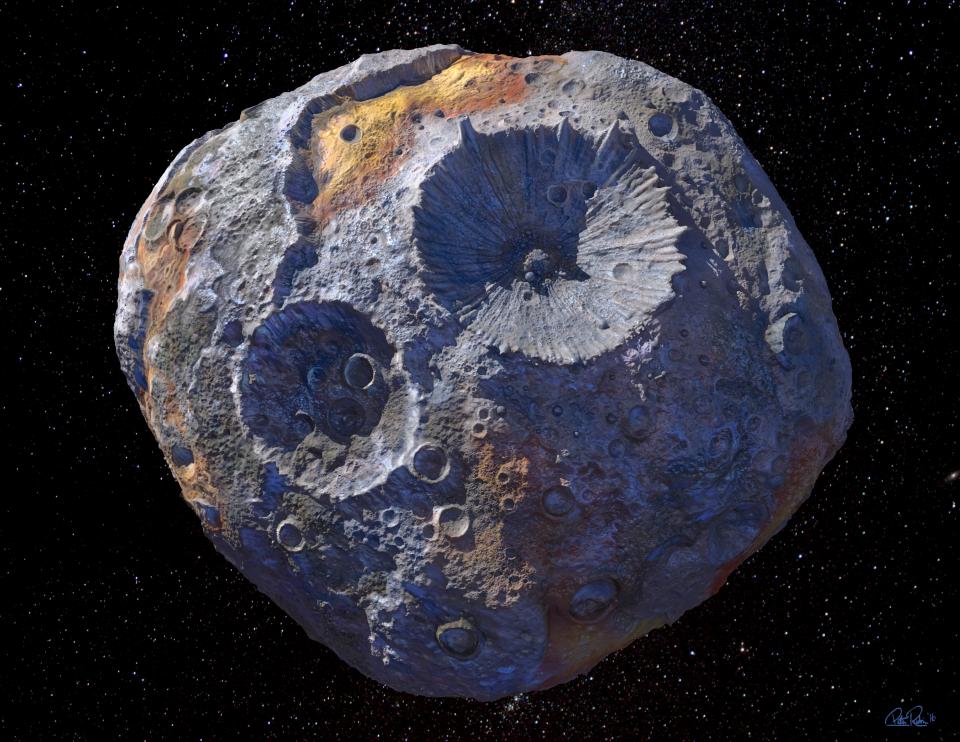Mining has been a very lucrative business down here on Earth, so why not try it up in space too? Plucking materials from space rocks and using them to support us down here on Earth can’t be that hard, can it? One person who feels it is all very possible is Peter Diamandis, co-founder of the mining company Planetary Resources. He says, “Our vision is to catalyze humanity’s growth, both on and off the Earth. In the end, the entire human race will be the beneficiary, as we expand our reach beyond the Earth, into the solar system.”
But, as great as this all sounds, it’s not going to be that easy to create a space based industry such as asteroid mining. Firstly, testing will need to be carried out in space, which will be a costly expense on its own. To give you an idea, Planetary Resources ran an Earth-observation program called Ceres that cost venture capitalists around $21 million in funding. This will enable them to fly ten small satellites low orbit around the planet, capturing images and data that could prove useful. President and CEO of Planetary Resources, Chris Lewicki commented, “We are taking pictures of the Earth and using them not only to understand how our technology works but also to understand more about our planet.“
Another company that’s also a big name in this area is Deep Space Industries. They too are an Earth-observing company (sort of). Technically speaking they’re the providers of the technology that some of these other companies, such as HawkEye 360, use to observe the Earth. But, unlike Planetary Resources, the team at Deep Space Industries is happy to stay put and make their money from others’ world-watching efforts.
Missions that are taking place currently to gain a deeper understanding into asteroids include NASA’s Lucy and Psyche. But, there seems to be a problem with this as mentioned by Meagan Crawford, chief operating officer of Deep Space Industries. She says. “The biggest missing piece for asteroid mining is scientific knowledge of target asteroids.” What happens when companies get to their destination only to find there isn’t as much precious metal as they have predicted and relied upon? “If you make a choice to go to the one asteroid, that’s where you’re going. It’s almost impossible to have enough fuel to change your mind and go to a different one”, says Zoe Szajnfarber, a student at George Washington University.
More News To Read
- Will Scientists Ever Know How Fast the Universe is Expanding?
- Just When We Thought We Were Winning, AI Takes the Lead in Poker Now…
- D-Wave’s Quantum Software Goes Open Source, Now Anyone Can Develop Programs for Quantum Computers
- Sonic Boom of Light Caught on Camera for the Very First Time
- Student Creates Fake News Detector Using Neural Networks











